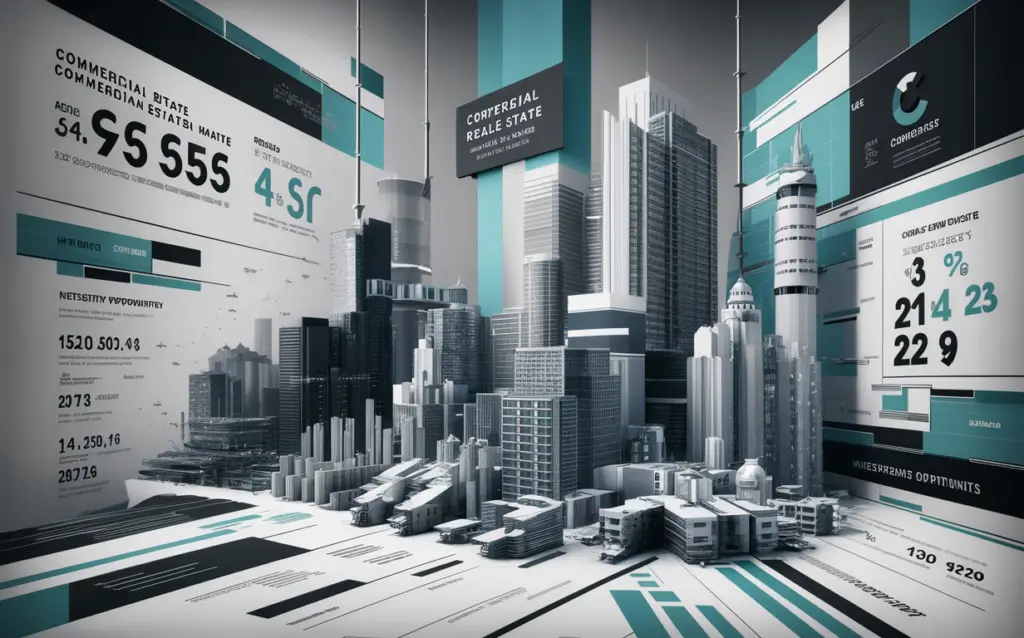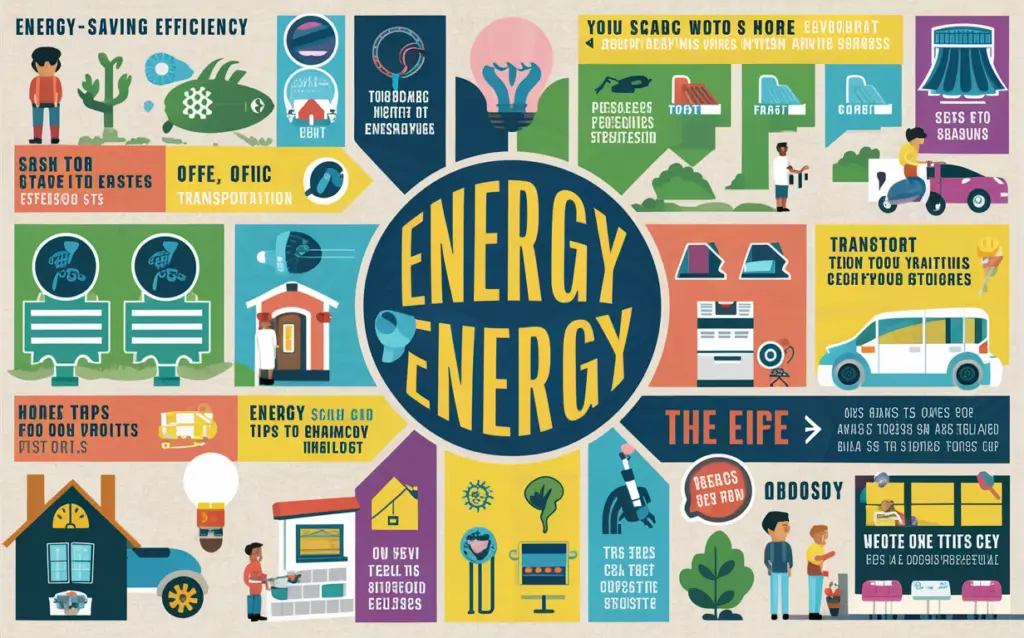The future of building automation: efficiency and comfort through GA
Building automation will play an increasingly important role in the future, as it helps to increase the efficiency and comfort of buildings. By integrating technologies such as sensors, actuators and control systems, buildings can be intelligently controlled and monitored. This makes it possible to save energy, reduce operating costs and offer residents a pleasant and safe environment. In an increasingly connected world, building automation will also help to [...]
The future of building automation: efficiency and comfort through GA Read more »















